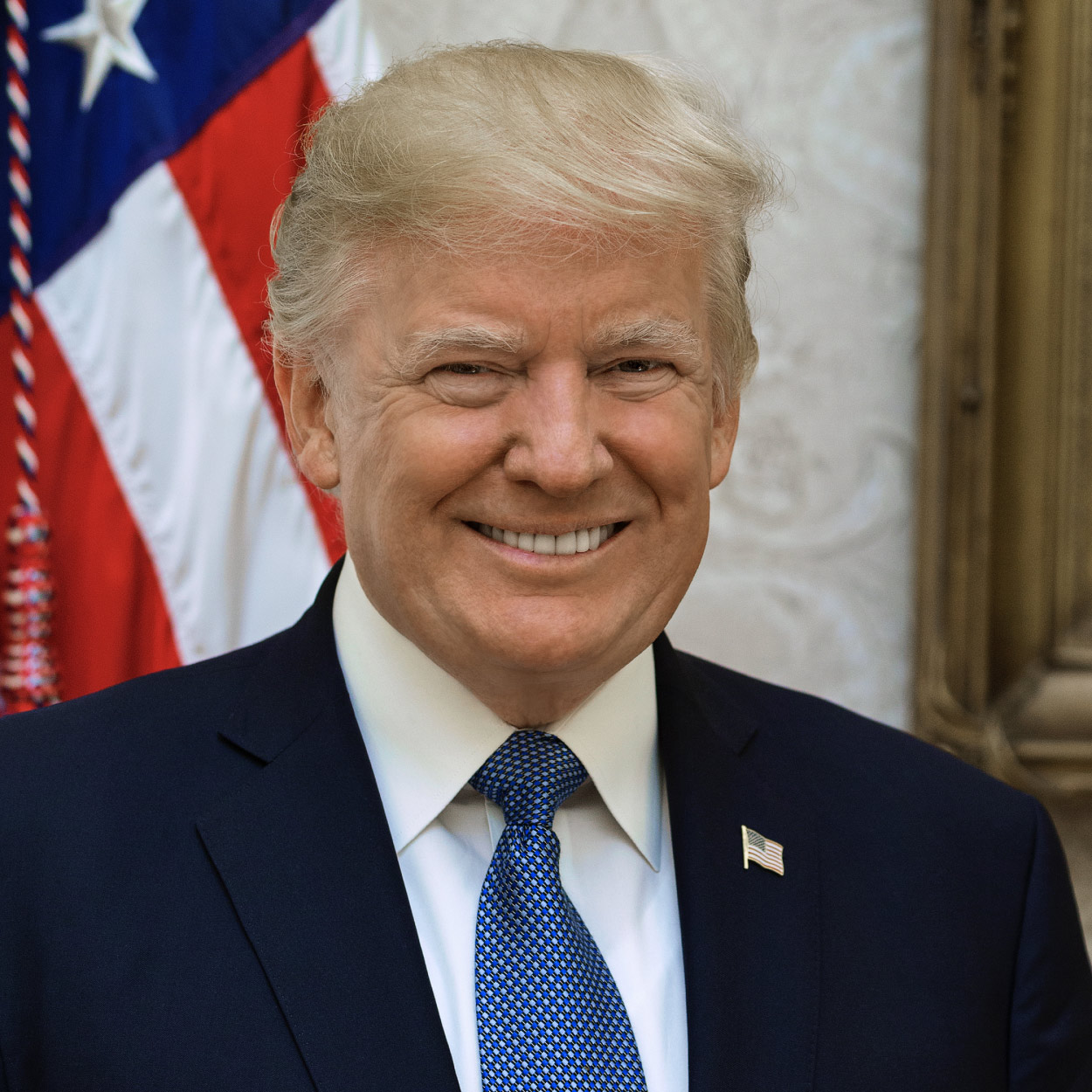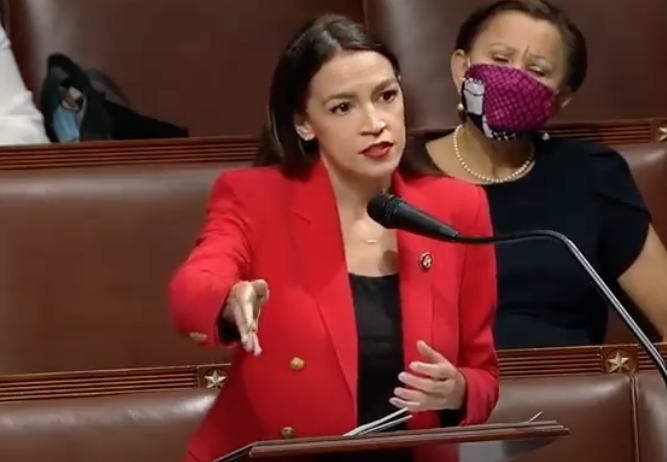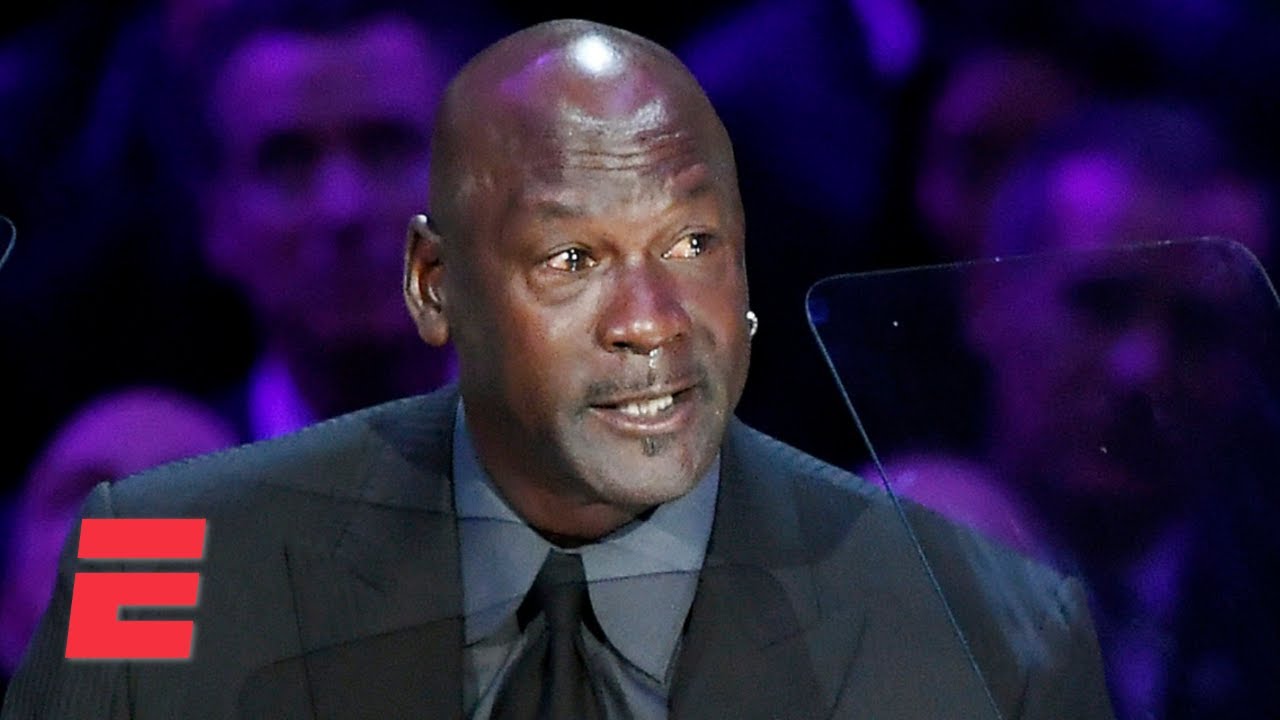Not Fade Away: A Speech Analysis
March 03, 2021
Donald Trump's Sunday CPAC speech—and General Douglas MacArthur's farewell speech, in 1951. A comparative study.
Editor’s Note: Rather than reproducing Former President Trump’s Sunday CPAC speech (see transcript here)—we’re running this “Rhetorical Recap” analysis by our resident speech analyst Michael Cornfield, associate professor of political management at George Washington University. Cornfield compares Trump’s speech with that of another outsize figure, 70 years ago. —ed.
***
Donald Trump chose to make a comeback speech six weeks after leaving office. He returned to the public stage intent on maintaining control of the Republican party—its candidates and agenda for 2022—and opening the door to his possible return run for president in 2024. He also sought to affirm his connections to supporters whom he could no longer reach and hear from directly through social media. Two speechwriters, Ross Worthington and Vince Haley, helped him assemble his remarks, according to the New York Times.
The closest precedent in American history I can think of for a post-repudiation address by a national political figure occurred on April 19, 1951. Eight days after having been fired by President Harry S Truman for insubordination, General Douglas MacArthur spoke to a joint session of Congress to reiterate his argument that there was “no substitute for victory” in Korea, and that Chinese reinforcement of North Korean troops ought to be met with an increased U.S. military involvement in the war.
MacArthur did not discuss the circumstances of his firing. Upon professing “deep humility and great pride” and rejecting “rancor” and “bitterness,” the General plunged into an analysis of Asia: what people there wanted, its strategic value to U.S. security, the ambitions of the Chinese Communists, praise for post-World War II Japan, and then a critique of the current Administration’s approach to the war. The closest he went into a personal attack was when he said he differed from “some who, for varying reasons, would appease Red China.”
MacArthur garnered 30 ovations in 34 minutes, according to biographer William Manchester’s account in American Caesar. His concluding words were a memorably masterful exercise in false modesty:
I now close my military career and just fade away, an old soldier who tried to do his duty as God gave him the light to see that duty. Good bye.
Well, not exactly goodbye. MacArthur drew enormous crowds at parades in Washington, New York City, and Chicago and embarked on a nationwide speaking tour that many regarded as a preface to a presidential run in 1952. But the crowds fell off, another General won the Republican nomination, and by the time Buddy Holly recorded “Not Fade Away” in 1957 MacArthur was indeed a political also-ran.
The first hour of ex-President Trump’s speech—and who else in American politics today talks this long?—consisted of issue positioning. He prefaced that by quickly ruling out the option of a third party. He also took care to oppose “cancel culture,” the conservative phrase of the moment that was displayed on the wall behind him. Then he levelled his sights on his successor.
Trump began with and dwelled on border control. As he has since 2015 (and reminded people of that fact) he equated the cause with a fight for the identity and security of the nation. The new president gave him a new context for that signature cause:
The Biden policy of releasing criminals into the US interior is making America into a sanctuary nation where criminals, illegal immigrants, including gang members and sex offenders are set free into American communities.
Next Trump talked about re-opening schools. He made it a populist and partisan matter by pointing out that the illegals were getting in-person education, an example along with free counsel and eating in restaurants where goods were being taken away from citizens and given to undeserving non-citizens:
The Biden administration is actually bragging about the classroom education they are providing to migrant children on the border. While at the same time, millions of American children are having their futures destroyed by Joe Biden’s anti-science school closures.
Third, Trump claimed credit for the COVID19 vaccines while blaming China for the virus. Then he went back to border security, with a vintage riff into a paraphrased dialogue with leaders of Guatemala, Honduras, and El Salvador. More deal scenes ensued: Iran, China, the World Health Organization, and the Paris agreement on climate.
He moved on to energy, blaming the Texas disaster on windmill failures. He devoted a module to assailing “policies that would destroy women’s sports” by permitting biological men to compete.
In the course of drawing another contrast with Biden, this involving the NAFTA vs. USMCA treaties with Canada and Mexico, Trump pulled back momentarily to make the key rhetorical statement of the address:
Many people have asked what is Trumpism, a new term being used more and more. I’m hearing that term more and more. I didn’t come up with it, but what it means is great deals, great trade deals, great ones, not deals where we give away everything, our jobs, money.
The coinage originated as a synonym for his demagoguery, a successor term to “McCarthyism.” Trump here sought to redefine “Trumpism” so as to take nominal possession of Republican doctrine and conservative ideology and merge it into his personal movement.
He covered a few more issues, summarized, and then veered into the subject of the 2020 presidential election:
These are the convictions that define our movement today and must define the Republican Party in the years ahead. Very simple, it’s really quite simple, isn’t it?
Another one of the most urgent issues facing the Republican Party is that of ensuring fair, honest, and secure elections. Such a disgrace. Such a disgrace. Such a disgrace.
He began this segment much as he had proceeded, with a programmatic approach that called for specific reforms. In this he was in step with voting abridgement legislation under consideration in at least 43 states, according to the NYU Brennan Center.
But he descended into a rant about the legitimacy of the 2020 result in his case. Along with familiar wild charges about stolen ballots by the millions and dead people voting, Trump rattled off non-sequitur statistics:
I received almost 1.5 million more votes than all of the Republican House candidates combined. So how the hell is it possible that we lost? It’s not possible. I got more votes. I got more.
No President has ever lost an election after carrying Florida, Ohio, and Iowa. And I won them all and I won them by a lot, by a lot. I won 94% of the primary vote. No incumbent President who received more than 75% of the primary vote has ever lost an election.
The perpetrators of this continental fraud included the “vicious” Democrats –Trump repeated the adjective in a vicious tone– and the fake news media, of course. Big Tech was assailed as well, as expected after his deplatforming. But the nation’s judges, an erstwhile source of pride for the president, also came in for condemnation on grounds of deficient character:
This election was rigged and the Supreme Court and other courts didn’t want to do anything about it….They didn’t have the guts or the courage to make the right decision.
The last and most dramatic expansion to the anti-Trump forces were the seventeen Republican members of Congress who voted for impeachment or conviction. He recited each of their names and bid the audience to “get rid of them all!”
Trump closed with a pitch for donations. He noted he had never done that. He has always collected contributions and sold merchandise, but he now asked the audience to go to his website. This was a sign of political weakness.
***
Neither Douglas MacArthur nor Donald Trump wanted to fade away from public life. As prideful as he was, General MacArthur’s speech laid out a reasoned critique of how the US was waging war in Korea, and he did not question the president’s right to dismiss him. His emotional restraint sparked a frenzy among the populace. It died down as a Senate hearing presented other generals disagreeing with MacArthur’s military strategy.
Trump was emotionally demanding as ever. “Do you miss me yet?” he asked at the start of his address. He teased a 2024 comeback candidacy several times. He laced his multi-policy agenda with vents of resentment and that rollcall for revenge. He was cheered repeatedly but not wildly by a pandemic-reduced crowd that mostly did not wear masks.
Today Trump has imitators but no open challengers for leadership of the party he attempted, through this speech, to claim under his name. We will see if “Trumpism” becomes a political meme with staying power.





